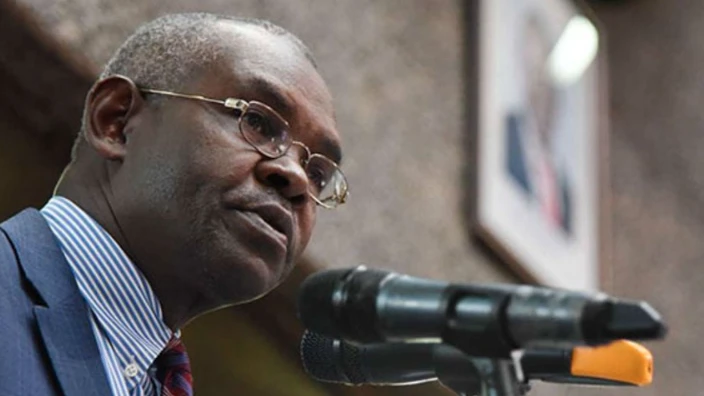Tanzania ranked 3rd in high private infrastructure projects

Tanzania has been ranked third with the highest number of Private Participation in Infrastructure (PPI) projects in Sub-Saharan Africa (SSA), the World Bank recent report has shown.
The report titled “Private Participation in Infrastructure Annual Report 2023” shows that Tanzania recorded 5 projects, behind leading South Africa with 11 projects and Senegal, with a similar number of projects as Tanzania.
“In 2023, SSA saw investments in 66 projects totaling $3.5 billion. This marked a 24 percent decrease from the investment levels of the previous year and a 46 percent decrease from the past five-year average,” said the report.
South Africa projects amounted to over $1.0 billion in investment commitments and nearly a third of the SSA’s total regional investment commitments.
Other leading countries in SSA sub-region include Democratic Republic of Congo (4 projects), Mozambique (4), Nigeria (3), Rwanda (3) and Uganda (3).
The WB report notes that numerous infrastructure projects may raise living conditions, promote regional integration, and drastically alter African economies.
“Infrastructure projects are essential for facilitating trade and commerce, which lead to increased economic activity, higher productivity, and ultimately, sustained economic growth,” it says.
Additionally, the report says, these projects create jobs while being executed and once completed often lead to more employment via the utilization or maintenance.
In 2023 there was a slight decline in the infrastructure investment funds allocated to Africa, save North Africa, according to a report by the World Bank. This fall is specific to private investors' handling of private infrastructure investments.
Africa Eastern and Southern (AFE) reported investment commitments of $2.3 billion across 45 projects.
While investment levels remained stable from the previous year, the number of projects reaching financial closure more than doubled to 45 in 2023.
The region also witnessed several cross-border ICT investment closures this year, showcasing its growth and development.
Globally, PPI in 2023 amounted to $86.0 billion, a decrease from the $91.3 billion levels in 2022, although there was a significant increase in the number of projects to 322 from 260 projects recorded in 2022, the report says.
Similar to the increase in the number of projects, the number of countries with PPI investment commitments in 2023 also increased to 68 from the 54 countries reported in 2022 and the previous five-year average of 50 (2018-2022).
Notably, Guinea Bissau, Libya, Papua New Guinea, São Tomé and Príncipe, and Suriname recorded their first PPI investment transactions in more than a decade.
The five countries with the highest levels of investment in 2023 as a percentage of national GDP were: Cabo Verde, with 7.4 percent of its GDP committed to PPI investments; Lao People’s Democratic Republic (Lao PDR), with 6.2 percent and Bosnia and Herzegovina with 2.0 percent.
In absolute terms, China, Brazil, Philippines, India, and Peru received the largest PPI investments in 2023. These five countries together attracted $66 billion, capturing almost 77 percent of global PPI investment.
Of all the projects recorded in 2023, 52 percent were primarily sponsored by foreign entities, marking an increase from the 44 percent recorded in 2022.
Information Communication Technology (ICT) (78 percent) and energy (53 percent) are the sectors with the highest number of PPI projects being sponsored by foreign entities, said the WB report.
On the other hand, the municipal solid waste sector (18 percent) and water sector (26 percent) predominantly have local sponsors.
Energy saw a threefold increase in investment levels from 2022, with most of this increase occurring in the EAP region.
Meanwhile, investment levels in the transport sector dropped substantially owing to a sharp decline in road investments in China and India, although ports subsector investments doubled.
ICT investments increased almost fourfold reaching $7.8 billion across 52 projects in 35 countries; while water and municipal solid waste sectors reported a decline.
Top Headlines
© 2024 IPPMEDIA.COM. ALL RIGHTS RESERVED

























